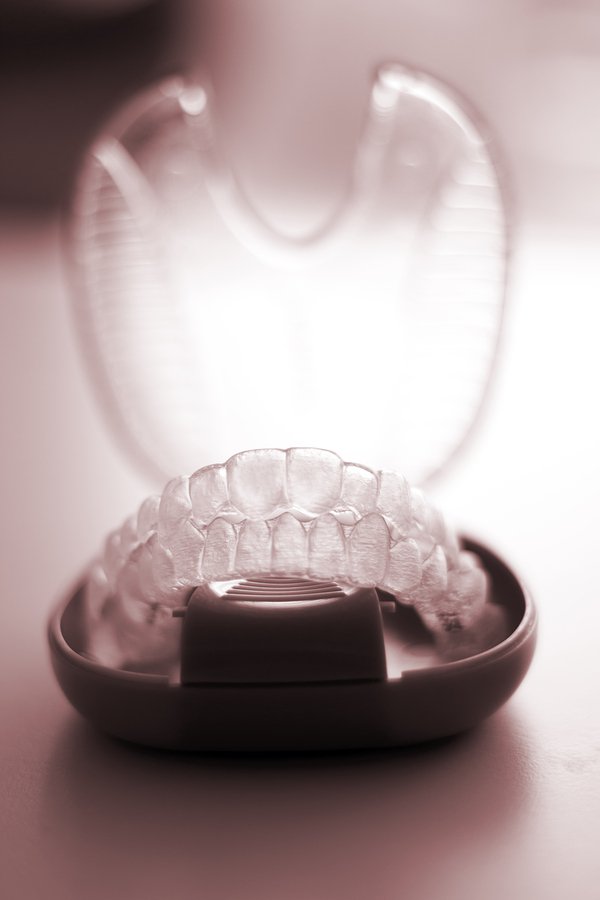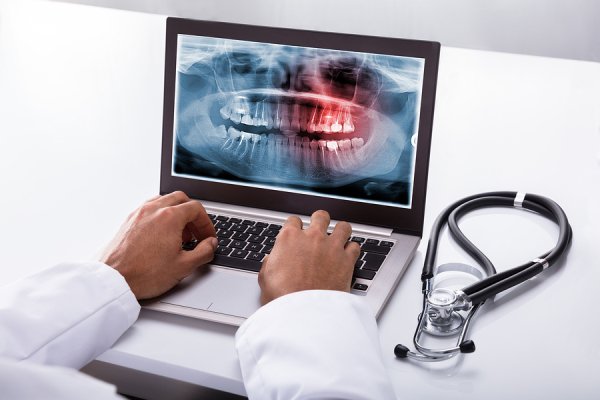
Invisalign is among the most popular methods for straightening teeth. It uses a series of custom-made, clear plastic aligners to provide the precise pressure required to gently reposition the teeth. Many patients can achieve excellent results with just the aligners, particularly if they only have mild cases of malocclusion. If you have severe malocclusion, your Invisalign aligners may need a little extra help.
Defining Attachments
Attachments, also called buttons, are very small bumps of dental bonding material. They are colored to match the shade of your teeth. The attachments are typically placed at about the mid-point of the tooth, and they may be triangular, square, circular, or rectangular. Your dentist may only need to place attachments on a few of your teeth. Since the attachments are quite small and tooth-colored, they blend in well with the rest of your smile. They may be slightly visible, but not nearly as noticeable as the metal brackets required for conventional braces.
Understanding the Purpose of Attachments
Although Invisalign aligners do a great job by themselves, the attachments can help the aligners be more effective. They work by providing an anchor point for the aligner. The result is a more precisely directed pressure that guides the tooth to the position it should be in.
Getting the Attachments
If you need attachments, the Invisalign lab will send your dentist a template. The template looks much like a regular plastic aligner, except that it depicts the specific teeth and locations on the teeth where you need attachments placed. After preparing your teeth for the dental bonding process, your dentist will apply composite resin material to the bulges in the template. This material will be shaded to mimic the precise degree of whiteness of your teeth. Then, your dentist will place the template over your teeth, and use a special light to cure the bonding material. As soon as it cures, your dentist will remove the template, and trim away any excess bonding material.
Thinking about getting Invisalign and live near Chicago? Get in touch with the friendly team at University Associates in Dentistry. Call (312) 704-5511 to schedule your comprehensive dental consultation.




